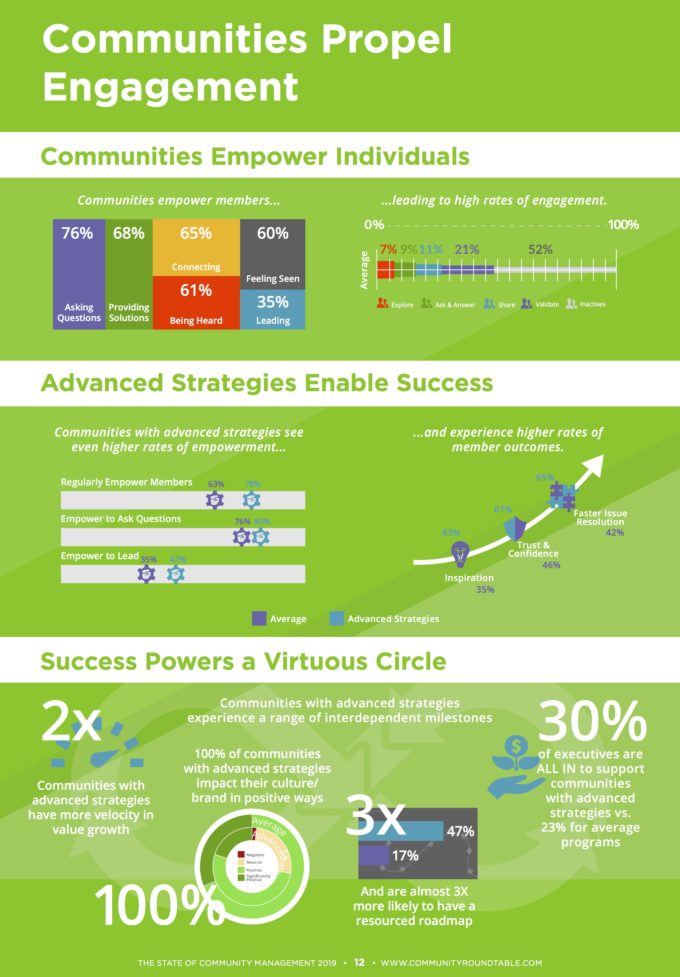
Communities are central to the human experience. Communities are all around each of us and whether we recognize them explicitly, they have immense influence on our reality, our happiness, and our success. The communities we engage in define norms with which we unconsciously comply, hardwired as we are to acclimate to the social environment around us.
Our communities can make life for some incredibly easy and for others toxic, often because we don’t explicitly see and understand their impact. How well communities are led and managed, whether by leaders assigned explicitly or by volunteers, impacts the success of both the entire community and every individual in it.
There is a tremendous opportunity for organizations to explicitly recognize the communities in their ecosystem and intentionally nurture them. This intentional leadership ensures behaviors and cultures are shaped in ways that accelerate success for everyone and limit bias and abuse. doing so creates cultures that self-regulate, propelling positive reinforcing growth while mitigating the need for moderation and policing.
Optimizing the value of communities – for both members and organizations – requires investment in developing trust, which is one of the core responsibilities of community leadership. Trust is the foundation for empowerment, learning, constructive disagreement, and change. The ability for communities to foster trust is what makes them effective governance structures for organizations that seek agility, speed, and innovation.

Note: This post contains content originally published in the State of Community Management 2019 report. Download your free copy here.
